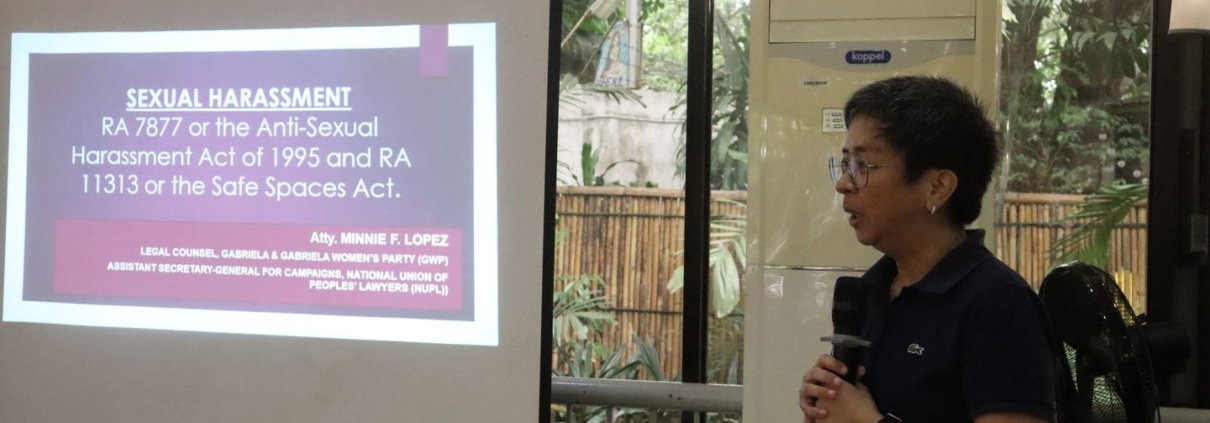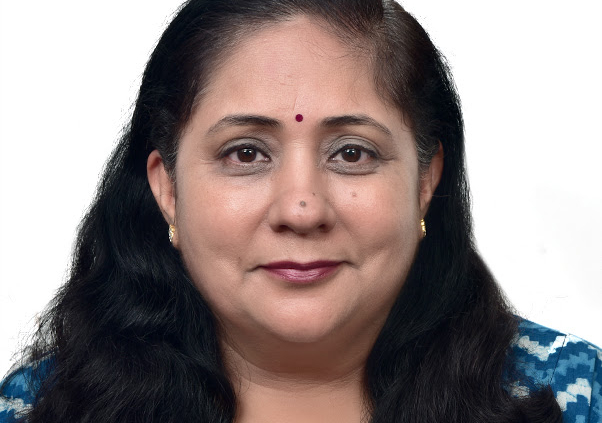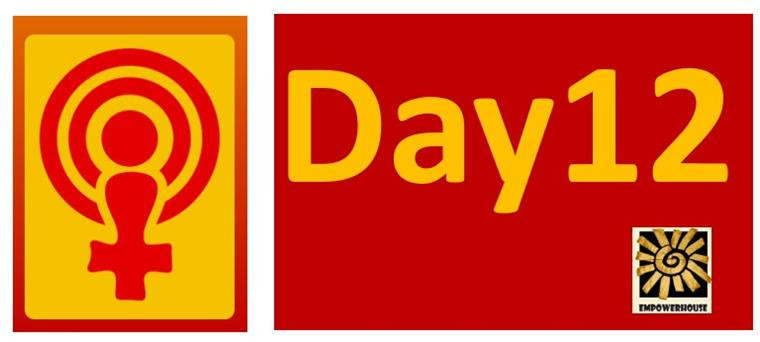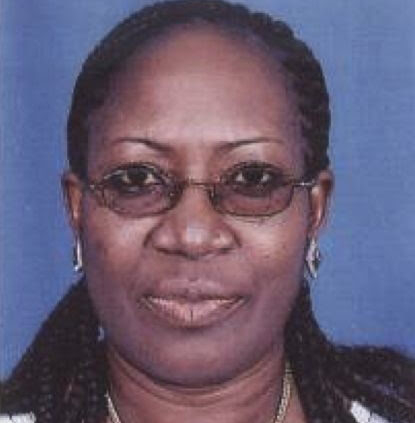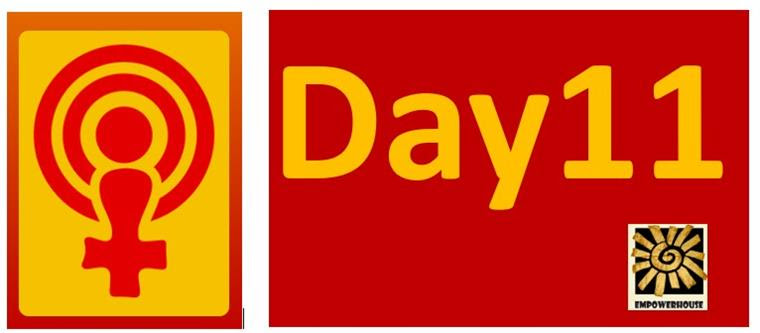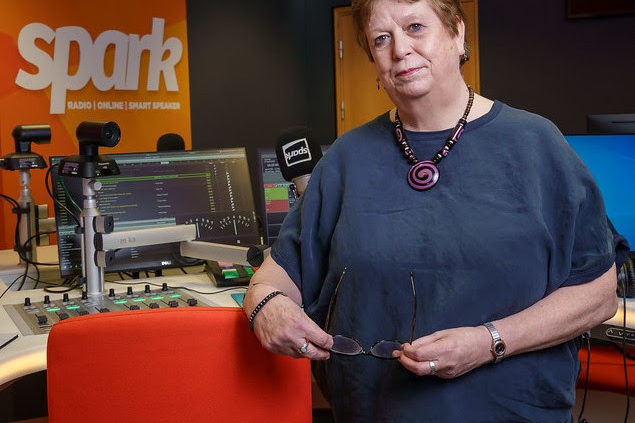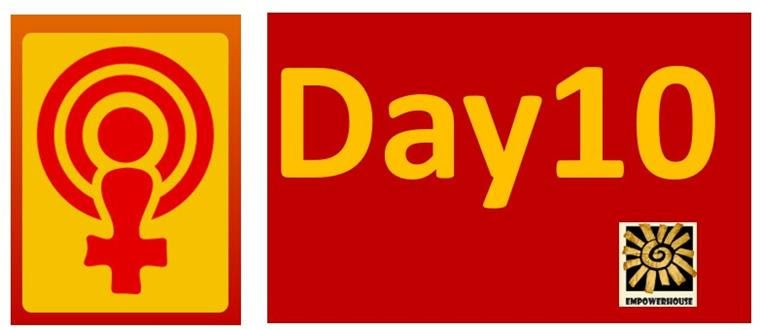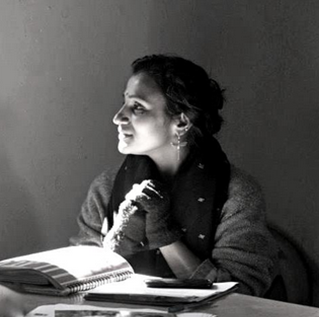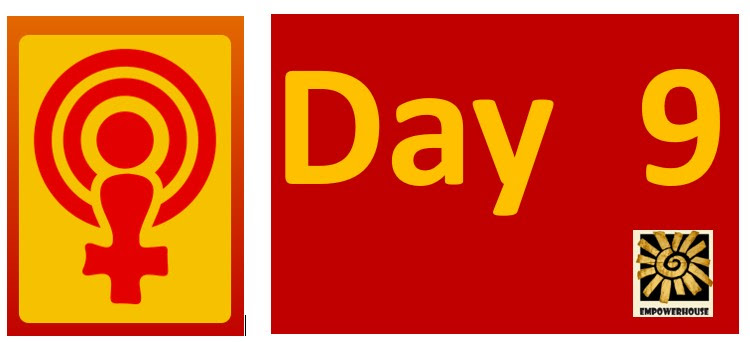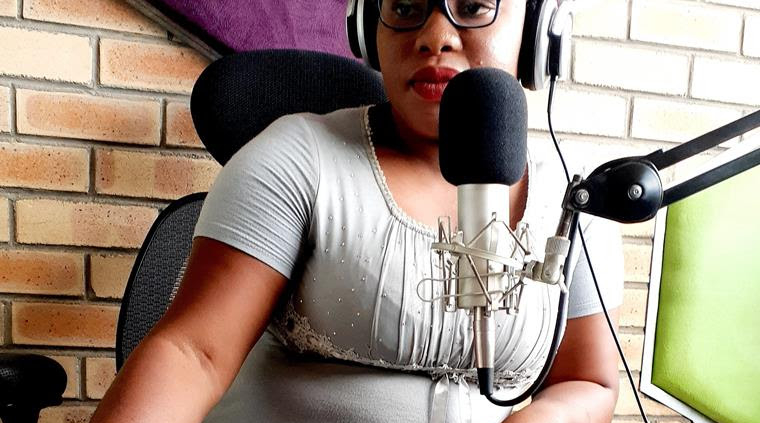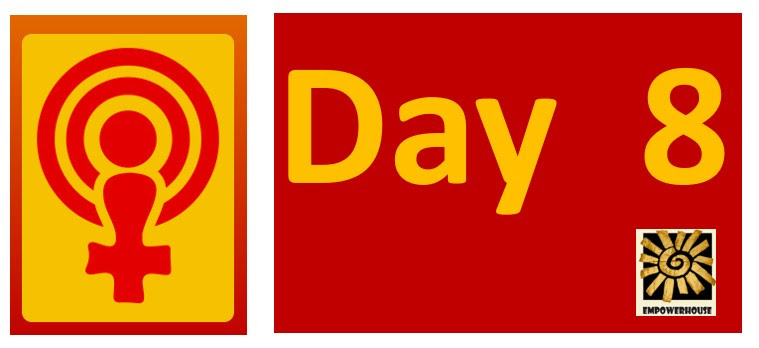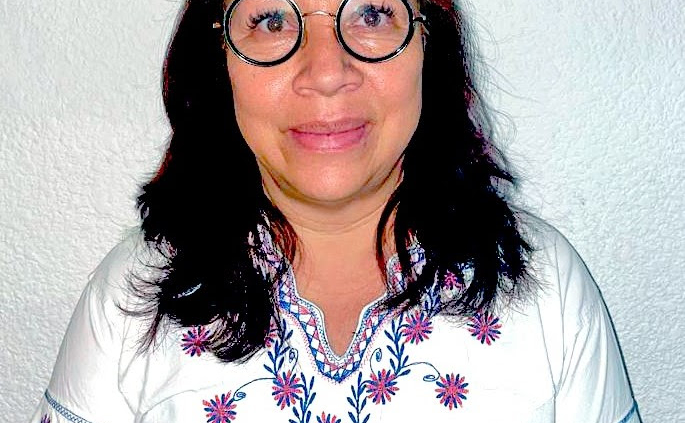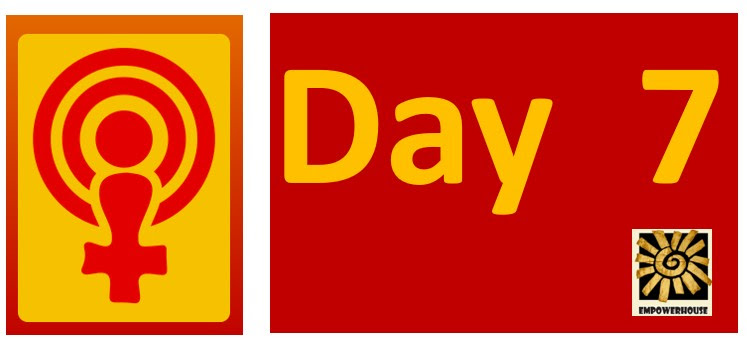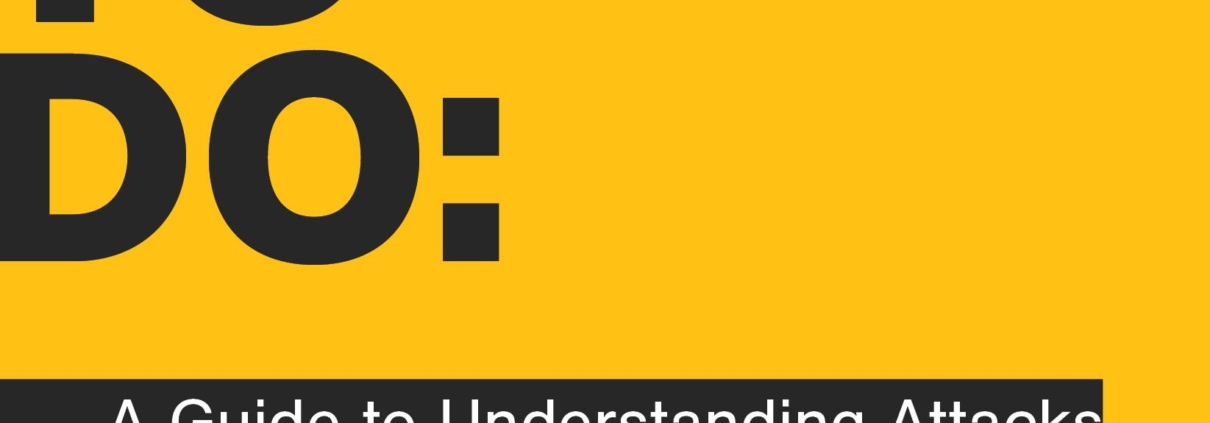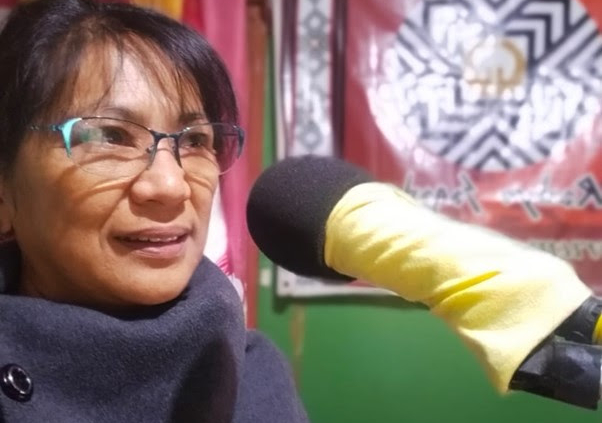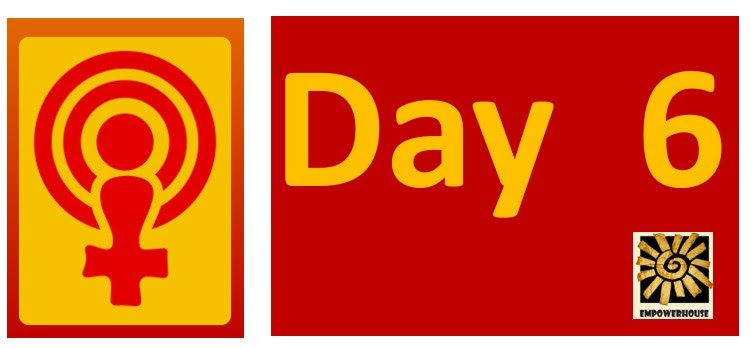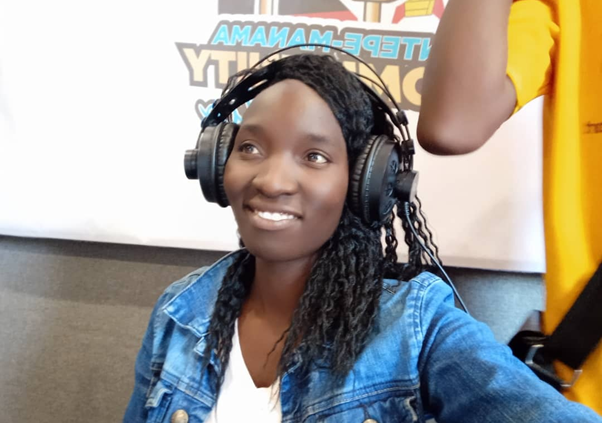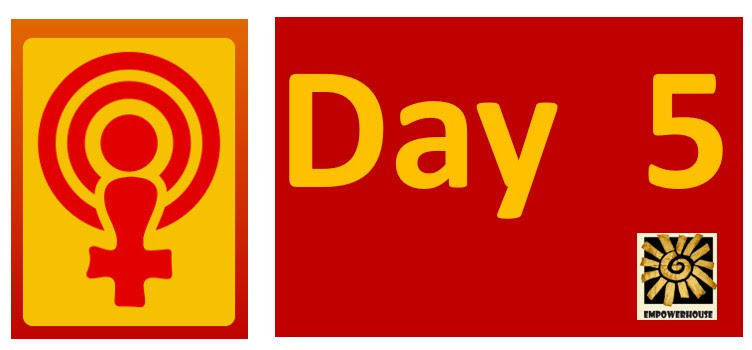by Cyril Dayao
On November 25, International Day for the Elimination of Violence Against Women, the International Association of Women in Radio and Television (IAWRT) – Philippines held a training-workshop on sexual harassment in workplaces for Filipino women journalists.
“Indifference to complaints of sexual harassment victims should no longer be tolerated. There are social movements that have raised awareness on the continued prevalence of sexual harassment especially in the workplace,” said Atty. Minnie Lopez, Assistant Secretary-General for Campaigns of the National Union of Peoples’ Lawyers.
She discussed the existing Philippine laws that can help women who experience sexual harassment in the workplace.
“We have a big role even though we are not victims. We should assist victims through continuous education because they need to know that they have rights and they have remedies under the law. Our moral support is a big help in empowering them,” she added.
The hybrid event was attended by journalists, communication practitioners, and students, and it had a breakout session where the participants were able to share and talk about their gendered experiences.
This event was organized by IAWRT-Philippines and the Digital Safe House Project in partnership with International Media Support.
The IAWRT Philippines paralegal handbook for journalists ‘What to do’ was launched in the workshop.
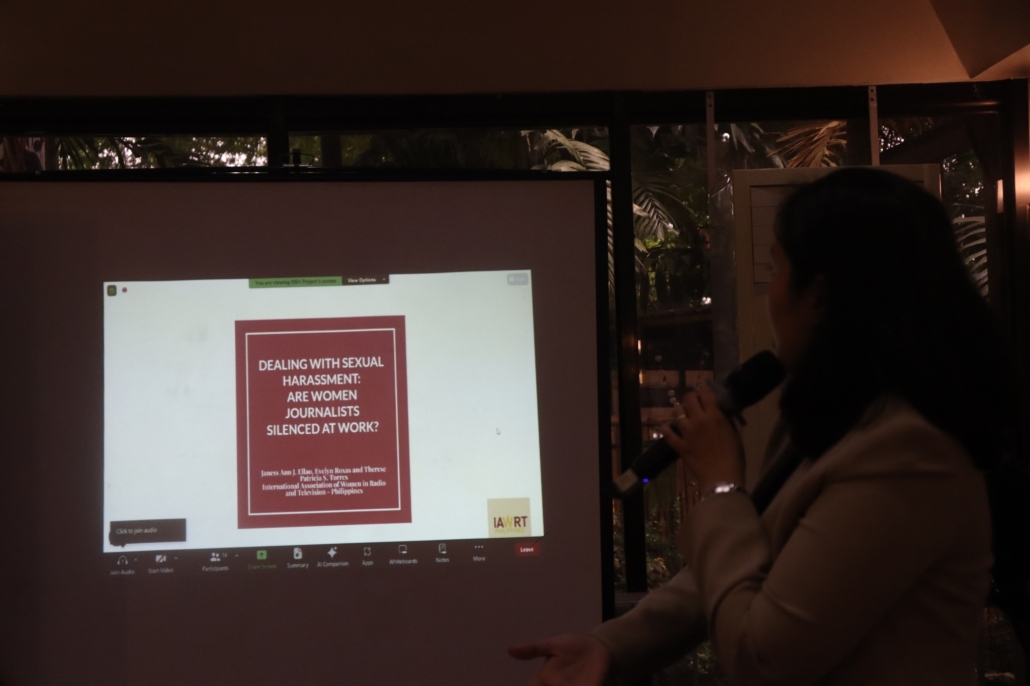
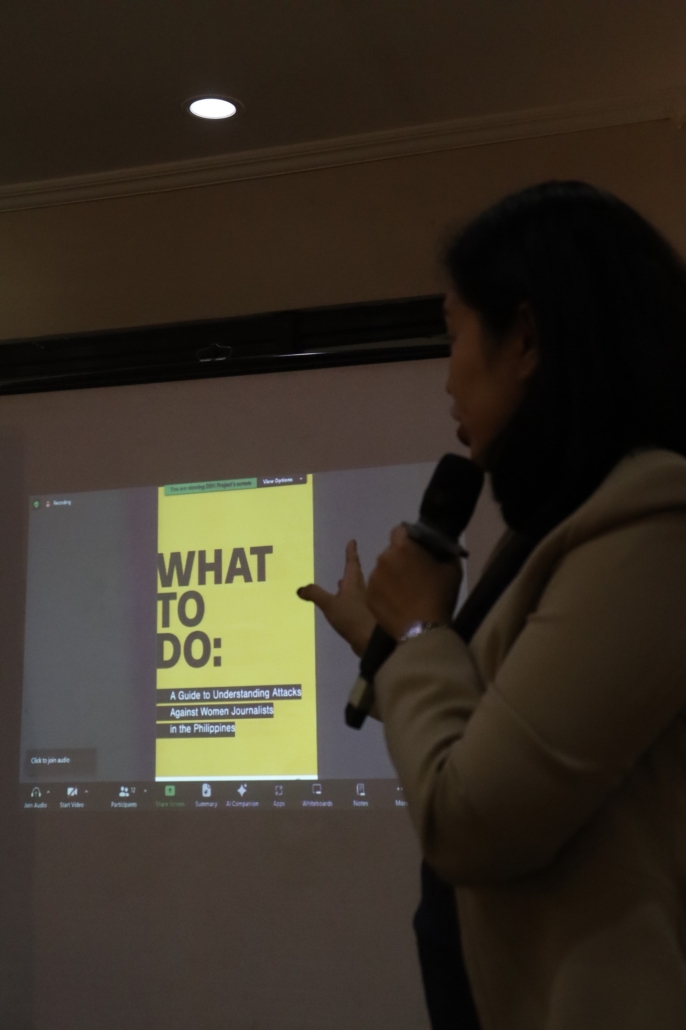
Photos by Erica Ann C. Villasorda

